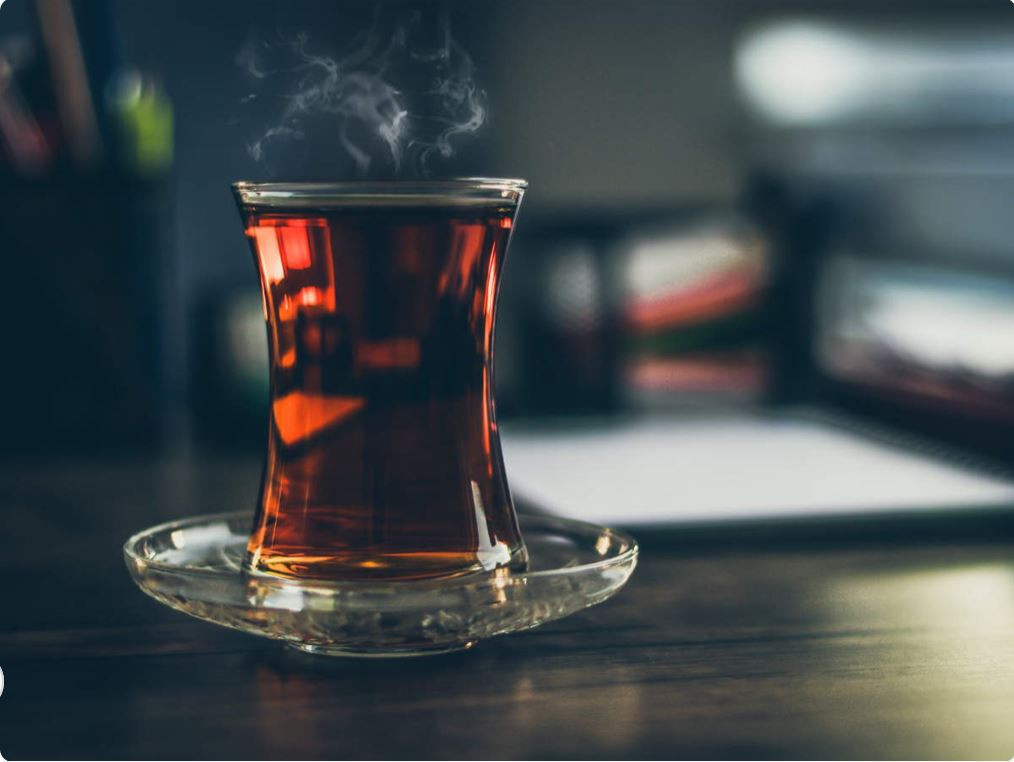

Beware! The Dark Side of Tea
Saturday 30th of November 2019
Beware! The Dark Side of Tea
Everyone relishes a sweet, hot cup of tea. You were always told about the numerous health benefits of this loved-beverage. However, many remain unaware of the side effects of having too much tea. Here’s 6 reasons why you should limit tea consumption.
1. Lack of Sleep
Too much tea could be the reason for your lack of sleep. As it naturally contains caffeine, excessive intake may disrupt your sleep cycle. Some research suggests that caffeine may inhibit melatonin (a hormone that signals your brain that it’s time to sleep) production, resulting in poor sleep quality.

2. Reduced Iron absorption
Tea is a rich source of a class of compounds called tannins, which hinders the absorption of iron from the food we eat. Therefore, it is advised to drink tea between meals and not with it.
3. Stress, Anxiety and Restlessness!
It turns out that the drink you take to reduce stress could actually increase it. Again, this is due to the caffeine in tea, which causes restlessness. An effective solution to this is to replace your normal black tea with chamomile or green tea.

4. Pregnancy Complications
You might crave a sweet cup of tea. However, remember to drink caffeine-free herbal tea during pregnancy as normal tea increases your risk of complications, such as miscarriage and low infant birth weight.
5. Headache
When it comes to headaches, most of us thought we could replace Panadol with tea. Surprisingly, routine consumption of caffeine from tea may contribute to recurrent headaches.

6. Nausea and Dizziness
Tea, especially milk based tea can make you feel nauseated due to the presence of tannins, which irritates the digestive tissue and leads to bloating, discomfort, stomach ache. Large doses of caffeine also leads to dizziness.
On the other hand, tea tends to be lower in caffeine than other popular types of caffeinated beverages, such as soda or coffee, but it depends on the type of tea. So sit back and enjoy your tea- just not too much!